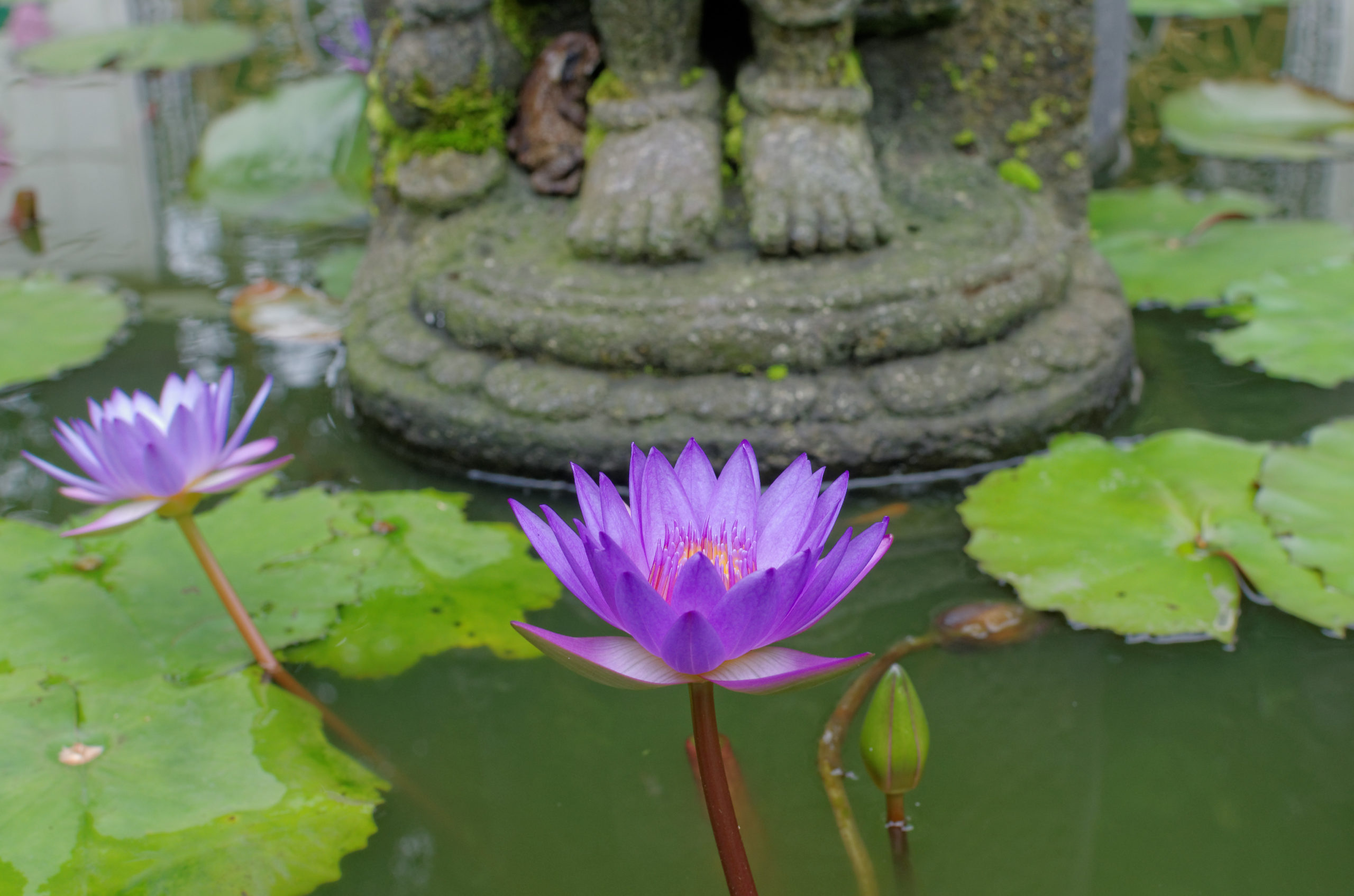
William Waldron, “The Unconscious Construction of our Collective Worlds”
From its earliest time, Buddhism has understood the arising of ‘self’ and ‘world’ to be interdependent constructs which “co-arise.” That is, our experience of the world (loka) is correlative with the structure of our faculties, which include our cultural categories. This became more systematically analyzed in the Yogācāra tradition (ca. 3-5th c.CE), especially in relation to the concept of the unconscious “storehouse consciousness” (ālaya-vijñāna). The storehouse consciousness was said to arise dependent on our “tendencies toward everyday associations about characteristics, names, and preconceptions,” on the one hand, and a subtle, undiscerned “world,” on the other. In effect, this describes the unconscious construction of our collective worlds (bhājana-loka)—in short, culture. As a form of transformative practice, recognizing how much our worlds are collectively but unconsciously constructed gives us more ability to make conscious, intentional choices about the kinds of world we live in.
Readings:
Waldron, William S. “The Co-arising of Self and Object, World, and Society: Buddhist and Scientific Approaches.” In Buddhist Thought and Applied Psychological Research: Transcending the Boundaries, edited by D. K. Nauriyal, M. Drummond, and Y. B. Lal. RoutledgeCurzon, 2006: 175-208.
Hourly Schedule
- 2:00pm - 2:45pm
- Presentation
-
Speakers:
William Waldron
- 2:45pm - 3:30pm
- Q&A
Speaker
-
William WaldronInstitute Co-Director
William Waldron teaches courses on Buddhism and the Study of Religion at Middlebury College. He received his B.A. in South Asian Studies and Ph. D. in Buddhist Studies from the University of Wisconsin, after working with native scholars in India, Nepal and Japan. His research is focused on the Yogācāra school of Indian Buddhism. He has published a monograph on the ‘store-house consciousness’ (ālaya-vijñāna) (The Buddhist Unconscious, RoutledgeCurzon) and numerous articles that bring Indian Buddhist theories of mind into dialogue with Western philosophies of mind and cognitive science. His recent introductory work, Making Sense of Mind-Only: an Introduction to Indian Yogācāra, is forthcoming with Wisdom Publications.
